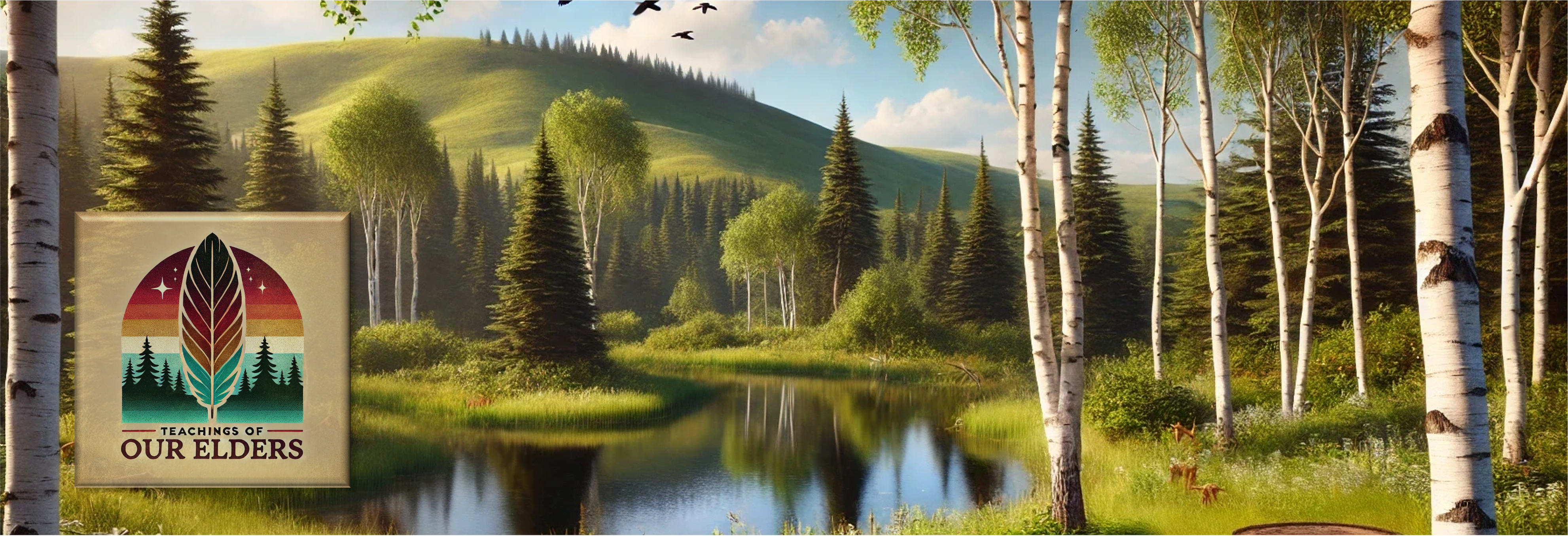| Inquiry Design Model (IDM) Blueprint™ |
| Hunting and Gathering |
| NDNAEU 1 “Sacred Relatives”, NDNAEU 2 “Learning & Storytelling”, NDNAEU 3 “Sharing & Generosity”, NDNAEU 5 “Tribal Policies, Treaties and Sovereignty”, NDNAEU 6 “Native Contributions”, NDNAEU 7 “Native Identity” |
| Compelling Question | What primary skills led to the survival of all mankind? |
| Standards and Practices | G.6_12.3.1 Describe the differences and similarities among cultures around the world. Health Standard 8: Demonstrate the ability to advocate for personal, family, and community health. Foreign Language Culture Standard 2.2.3 Discuss the relevance of tangible products (i.e. regalia) of the culture (e.g., dress, types of dwellings, and foods). WH.6_12.1-6.E1.3 Explain the impact of the development of agriculture on the social, cultural, and economic lives of individuals. ND.6_12.1.2 Explain the human settlement patterns in North Dakota. ND.6_12.1.3 Interpret current thematic maps to identify where people live and work and how land is used. ND.6_12.4.1 Identify the Native American groups in North Dakota before European contact and describe their culture. |
| Staging the Question | How was Hunting and Gathering part of the Native American way of life? |
| Supporting Question 1 | Supporting Question 2 | Supporting Question 3 |
| How did Native Americans in North Dakota hunt and gather for survival? How was hunting and gathering part of their way of life and culture? How did they use the land and care for the land? What are some of their traditional foods? | How is hunting and gathering considered today by Native Americans? How and why is it part of Treaty Rights? | How did other peoples of the world hunt and gather for survival? How are things today in this regard? Do you hunt? Why or why not? |
| Formative Performance Task | Formative Performance Task | Formative Performance Task |
| Partner work: Create a media project of their choice (Video, pamphlet, word doc, short story, etc) to describe their answers to the supporting questions above. | Partner work: Create a media project of their choice (Video, pamphlet, word doc, short story, etc) to describe their answers to the supporting questions above. | Individual work: Create a media project of their choice (Video, pamphlet, word doc, short story, etc) to describe their answers to the supporting questions above. |
| Featured Sources | Featured Sources | Featured Sources |
North Dakota Native American Heritage https://www.ndtourism.com/articles/north-dakota-american-indian-heritage Native American Lifestyle https://www.bbc.co.uk/bitesize/guides/z3xftyc/revision/2#:~:text=Native%20Americans%20were%20hunter%2Dgatherers,buffalo%20hunt%20(on%20horseback). Cultural Traditions https://tribaltradeco.com/blogs/teachings/cultural-traditions-of-native-american-hunting-and-gathering | Early Indian Treaty Rights https://en.wikipedia.org/wiki/Early_Indian_treaty_territories_in_North_Dakota Treaty of Fort Laramie https://www.ndstudies.gov/gr8/content/unit-iii-waves-development-1861-1920/lesson-4-alliances-and-conflicts/topic-2-sitting-bulls-people/section-3-treaties-fort-laramie-1851-1868 | Hunter-Gatherer Culture around the world https://www.nationalgeographic.org/encyclopedia/hunter-gatherer-culture/ Amazing Hunters-Gatherers Societies Still in Existence https://www.huntercourse.com/blog/2011/05/amazing-hunter-gatherer-societies-still-in-existence/ |
| SUMMATIVE PERFORMANCE TASK: Supported Claim (written/spoken) or Demonstration of Process (project-based) | Students will create group projects to determine what it would take to feed the entire class for a year. Students will determine the content, formats, and expectations of what would need to be conveyed in the project. |
| SUMMATIVE PERFORMANCE TASK: Extension | Students will have a world foods festival at the school, celebrating the various foods of the world and represented by the nations of the students. |
| Taking Informed Action / Real World Application | Students will lobby to create a food bank at the school. Students will work with local officials to help with local food banks in the community. Disclaimer: Educators are encouraged to use these lessons as a guide, especially when it comes to capturing standards and required content for their instructional disciplines. Adapt, synthesize, abbreviate, and incorporate are just some of the encouraging words to educators to USE any of the NDNAEU lessons to make them their own. |

